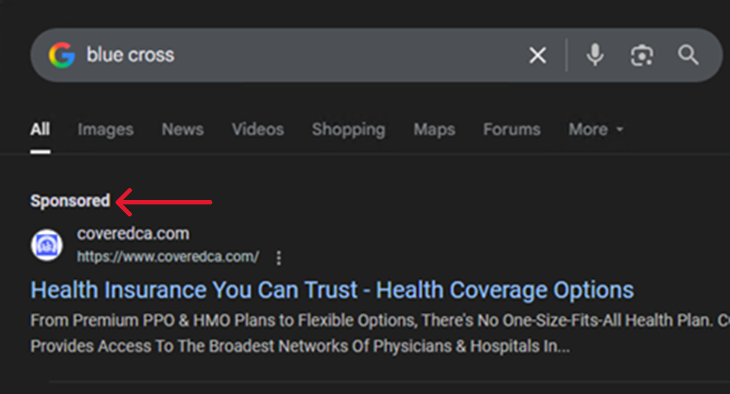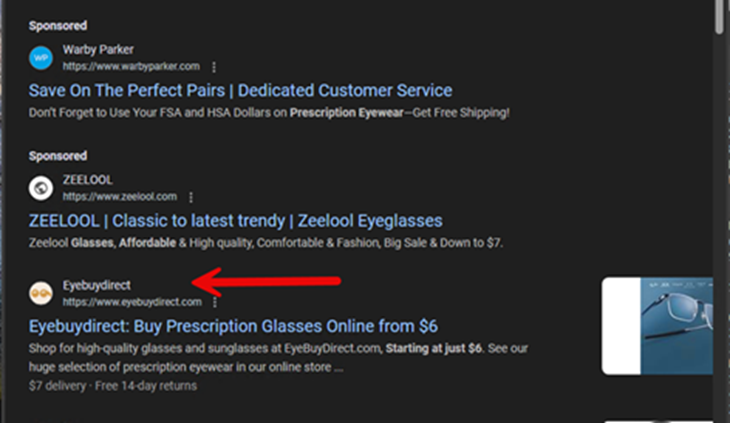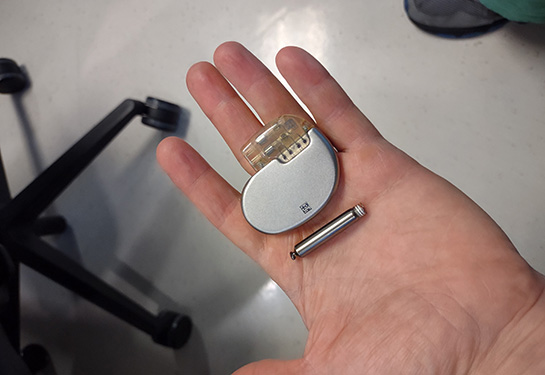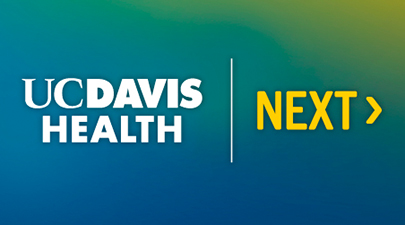Sponsored links to be blocked by Cybersecurity team
In a continuous effort to protect UC Davis Health from cyberattacks, the UC Davis Health Cybersecurity team is blocking sponsored links from being accessed in internet searches.
Malvertising (malicious advertising) is a type of phishing cyberattack that uses digital ads to fool users into believing their “sponsored links” are legitimate websites.
Click here to learn more about malvertising phishing attacks.
What is a sponsored link?
A sponsored link is a paid advertisement that appears as a top-ranking result in a search engine. When a user searches for a popular term, search engines like Google and Bing often display these sponsored results at the top of the page or among the first few links.
For example, searching for the term "blue cross" may result in the following sponsored link:

Malicious actors have been found to purchase advertising in these spaces to promote search terms that lead to a look-alike site designed to steal the user's login credentials or financial information.
Workaround for blocked sponsored links:
To avoid seeing the block message, find and use the first non-sponsored link in the search results. Usually, sponsored links will have a corresponding non-sponsored variant below the sponsored links section. Sometimes, scrolling down may be necessary; there may be 3-5 links on top of the page that are considered sponsored.

For certain results under Bing, such as drug names, most, if not all, of the search results may be listed as sponsored. It may be challenging to find a non-sponsored result, resulting in a subpar search experience.
- In this case, using an alternate search engine like Brave Search (https://search.brave.com) may lead to a better and safer search experience.





